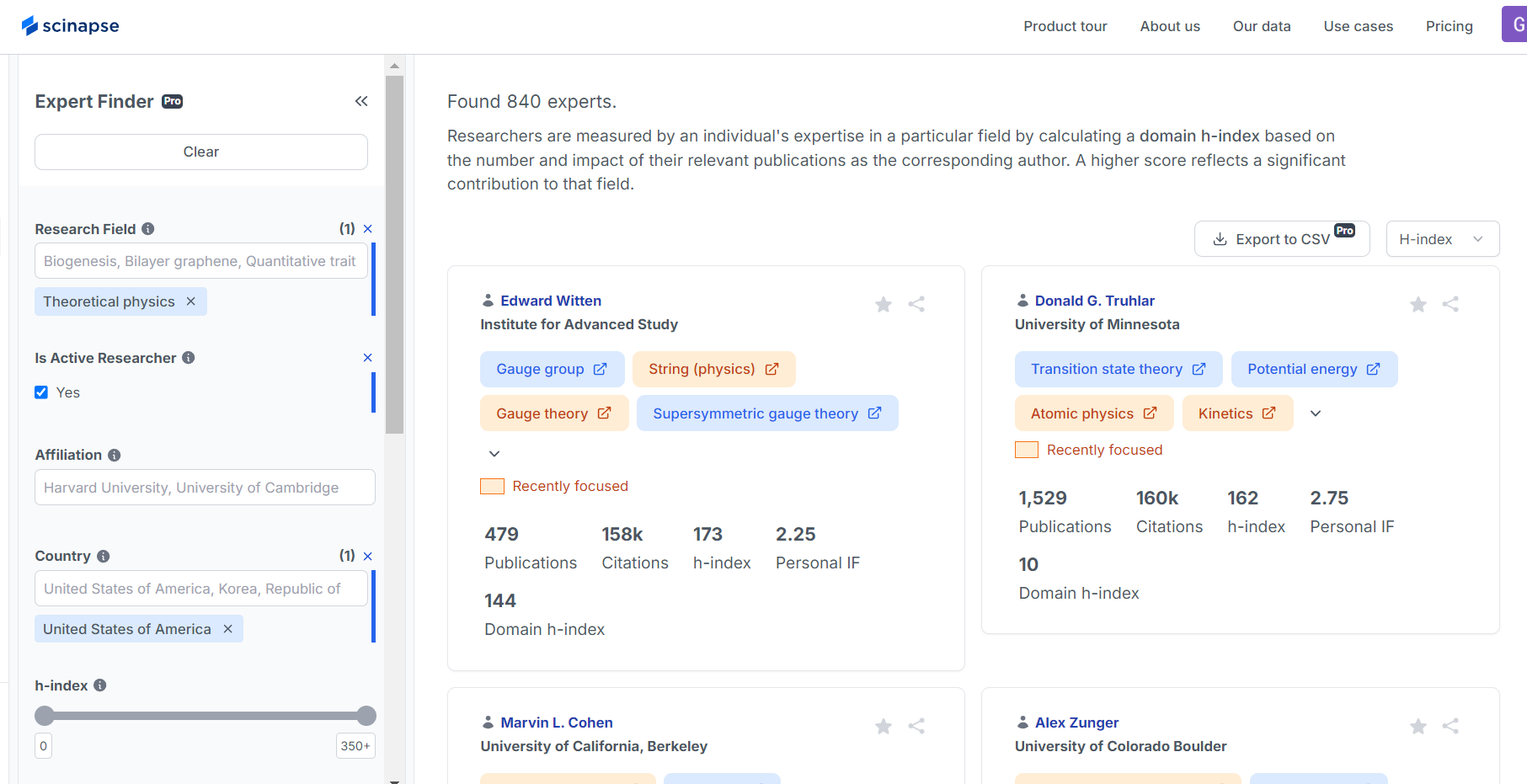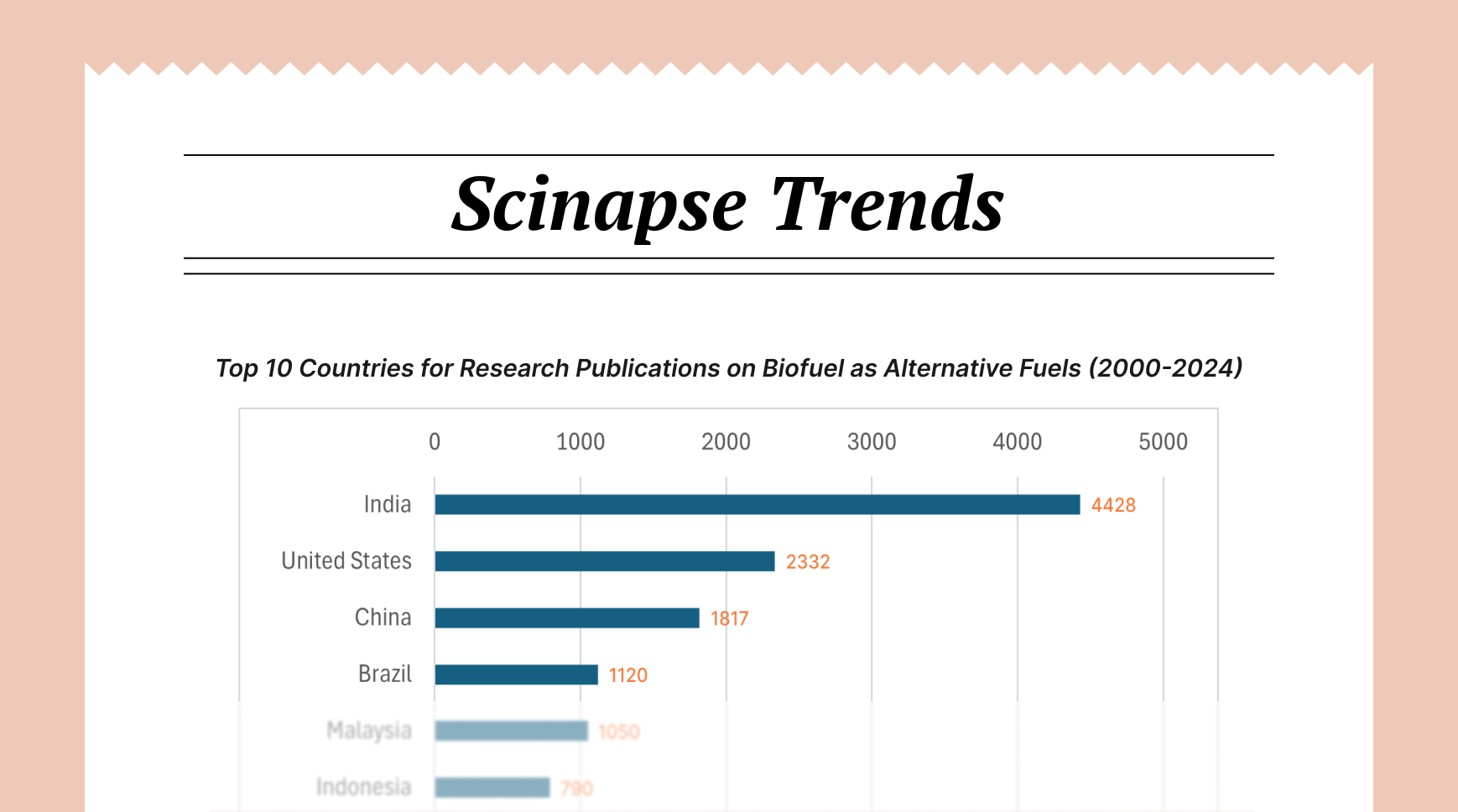Expert Finder: Upholding Research Integrity Through Advanced Peer Reviewer Selection

Peer review is an essential component of research integrity and scientific development. As the number and complexity of research output grow exponentially, having top researchers and experts serve as peer reviewers becomes increasingly important. However, editors, publishers, and even authors frequently need help identifying the most acceptable peer reviewers during publication.
Why Top Researchers Prove to Be Best Peer Reviewers?
Top researchers or experts in peer review are individuals who have both profound subject matter experience and a broad range of interdisciplinary knowledge. These individuals usually have a track record of high-impact publications, substantial expertise in research methodology and experimental design, and knowledge of cutting-edge techniques and technologies. Their broad grasp of their field enables them to assess the quality, novelty, and relevance of new research contributions.
One of the primary ways in which top researchers and experts enhance research integrity is through their ability to detect methodological flaws and logical inconsistencies that might escape the notice of less experienced reviewers.
How to Find Peer Reviewers Who Can Uphold Research Integrity?
Finding appropriate peer reviewers is crucial for maintaining research integrity and ensuring high-quality scientific publications.
The Scinapse Expert Finder tool shown in the image can be instrumental in this process.

The image above displays search results for 840 experts in theoretical physics, with filters for active researchers, affiliation, country, and h-index. Each profile includes information such as the researcher's areas of expertise, number of publications, citations, h-index, and personal impact factor.
How Peer Reviewers Identified Using Expert Finder Help Uphold Research Integrity
Finding experts in a specific field can significantly help in identifying appropriate peer reviewers who can uphold research integrity:
- Relevance: Reviewers with subject-specific experience provide more accurate and insightful input.
- Credibility: Highly cited experts with high h-indices are more likely to deliver authoritative reviews, increasing the credibility of peer reviews.
- Diversity: Finding experts from various institutions and countries promotes diverse perspectives in the review process.
- Efficiency: It streamlines the process of identifying potential reviewers, saving time for journal editors or grant coordinators.
- Specialization: Specific areas of expertise (e.g., gauge theory, string physics) help in matching reviewers to papers with very specific topics.
- Active researchers: Filtering for active researchers ensures that reviewers are up-to-date with current developments in the field.
- Avoiding conflicts of interest: Providing affiliation information helps in selecting reviewers who are not from the same institution as the authors.
This will help journal editors, publishers, and even authors systematically identify highly qualified, relevant, and diverse peer reviewers. Furthermore, it will enhance the rigor of the peer review process, ultimately contributing to the maintenance of high standards in research integrity and the quality of published scientific work.
How do you find peer reviewers? Have you ever tried Scinapse Expert Finder?
Try it now!
written by Uttkarsha B
Never re-search again.
Scinapse is made by researchers for researchers.
Join the next generation of research at ⏯️ https://scinapse.io/
Pluto Labs
Pluto Labs helps researchers focus on their research by improving several inefficiencies in the academic research process. We offer data-driven insights from academic papers, allowing users to easily obtain review-level results for their desired range of papers.
https://pluto.im/





Comments ()